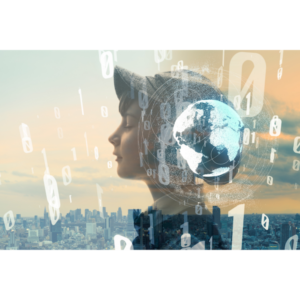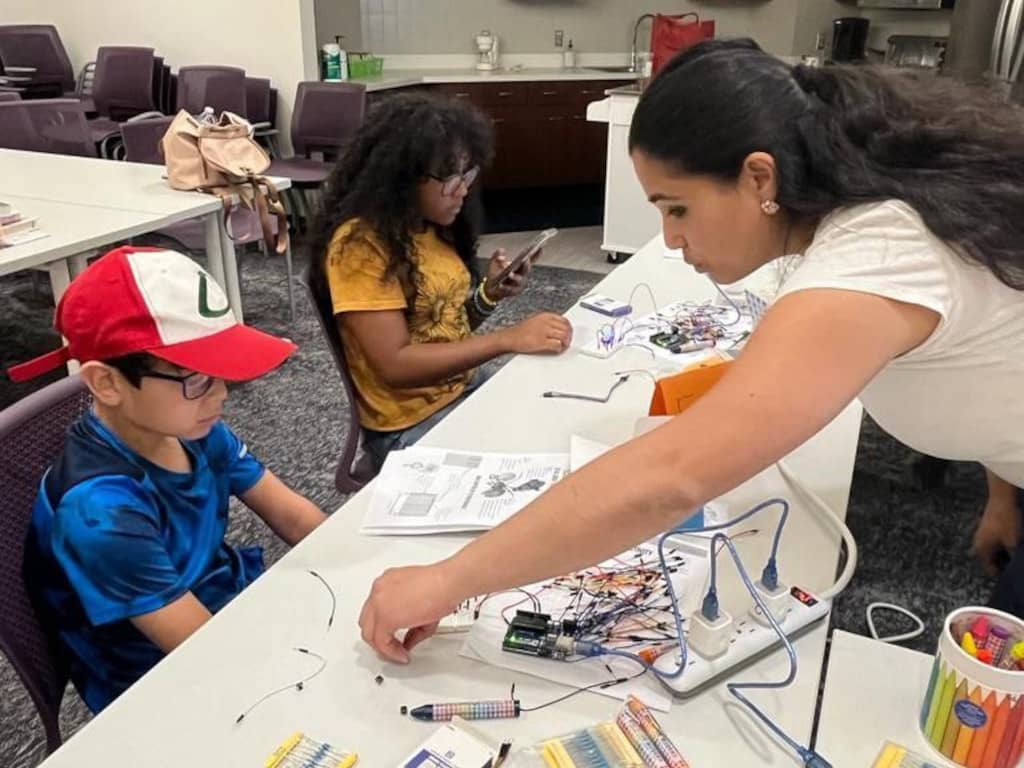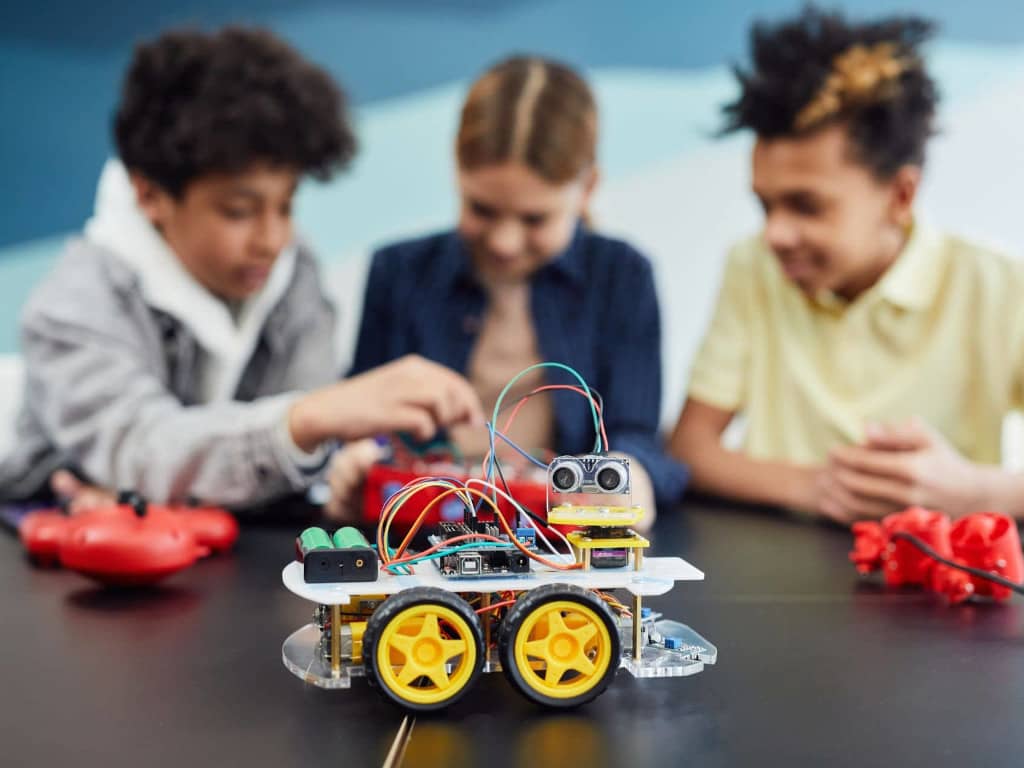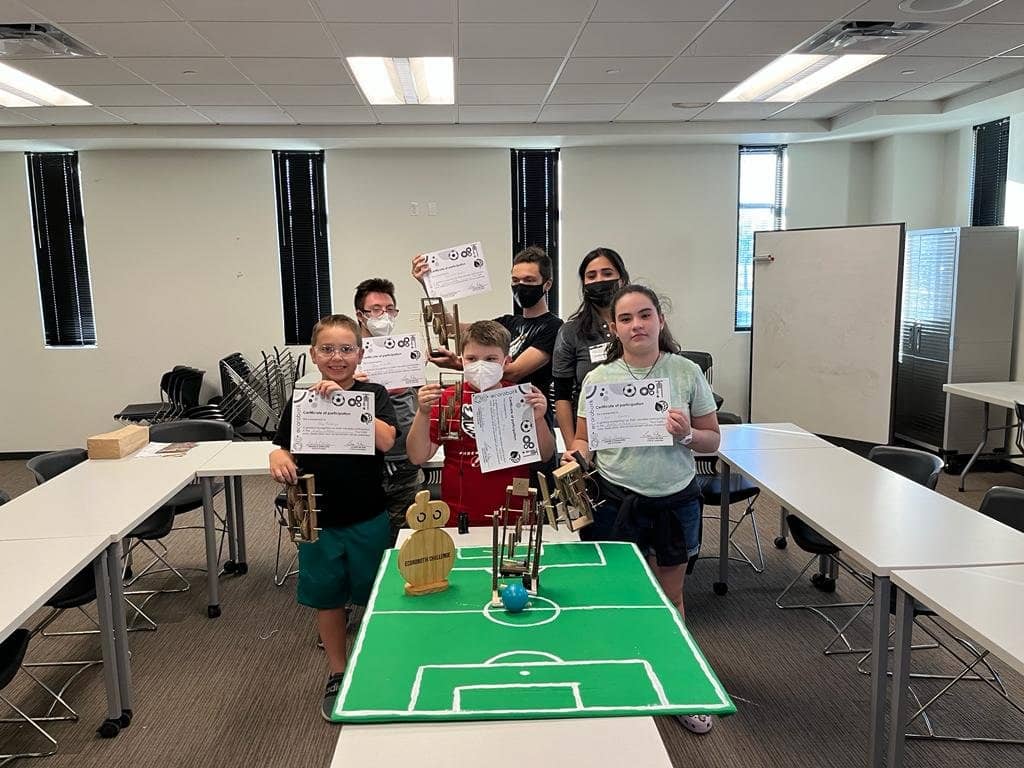Digital Skills: Empowerment tools for the transformation of the world

Some experts consider that the topic of digital skills is still in formation as it requires understanding the changes in today’s world such as automation, machine learning, artificial intelligence, big data analysis, IoT among others; and their impact on the professions of the future.
UNESCO defines digital skills as “a range of skills for the use of digital devices, communication applications, access networks and information management.”
How to define digital skills
This range of skills depends on 2 factors:
1. Global trends (technology, globalization, demographic change, environmental sustainability, socio-economic inequality, and so on).
2. Drivers of change such as Covid-19 in the area of health or climate change.
The importance of concepts for a proper understanding
According to research by McKinsey & Company ¹, digital skills are structured in 4 sets:
– Cognitive: critical thinking, communication, planning, ways of working, mental flexibility.
– Interpersonal: teamwork, relationship building, dynamic systems.
– Self-leadership: self-awareness, entrepreneurship, goal achievement.
– Digital: digital fluency, development and use of software, understanding of digital systems.
These elements depend on criteria such as “social and political context”, “role, sector, education level, career path” among others, “continuous changes as a result of technological advancement” and “the influence of digitalization on the demand for technical and non-technical skills”, as Jack Orlik ² explains. Non-technical skills are those known as soft skills (cognitive, interpersonal and self-leadership).
Therefore, when determining what qualities our children need or will need, we must take into account our local environment in order to adapt appropriately and fulfill our aspirations.
What can we expect in the near future?
market is starting to become more automated, digital and dynamic.
These skills will allow the creation and sharing of content through the mastery of the use of digital devices, communication applications and networks. Therefore, the digital era will have an impact on the way we work in education, health, agriculture, etc.
New professions and those that are about to emerge in the areas of robotics, artificial intelligence and automation will increase the need for technological, social and emotional skills while manual and physical skills will be detrimental.
To conclude, digital skills are a tool for human empowerment and transformation. It is up to us to develop these capabilities, to anticipate changes in the digital world, and to put them to the best possible use.
If you found this article interesting, remember to share it in your social media, comment on it with your parents and friends. Don’t forget to follow us on Instagram and Facebook.
¹https://www.mckinsey.com/industries/public-and-social-sector/our-insights/defining-the-skills-citizens-will-need-in-the-future-world-of-work
²https://www.nesta.org.uk/blog/four-steps-to-define-digital-skills/
Sources:
McKinsey.com
Nesta.org.uk
En.unesco.org









